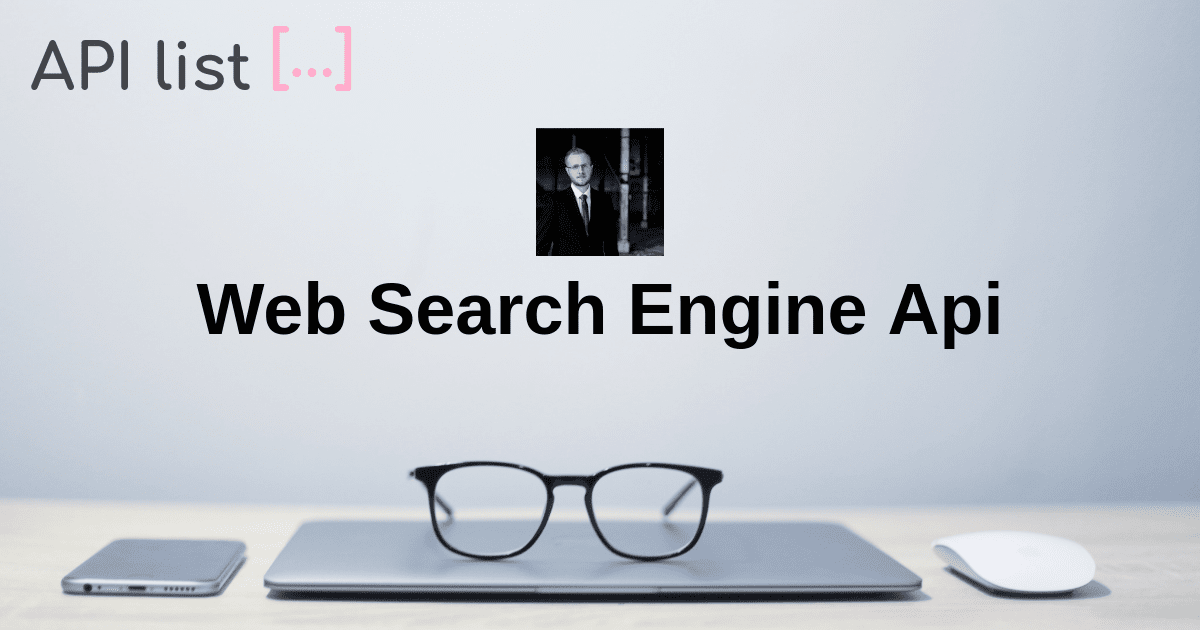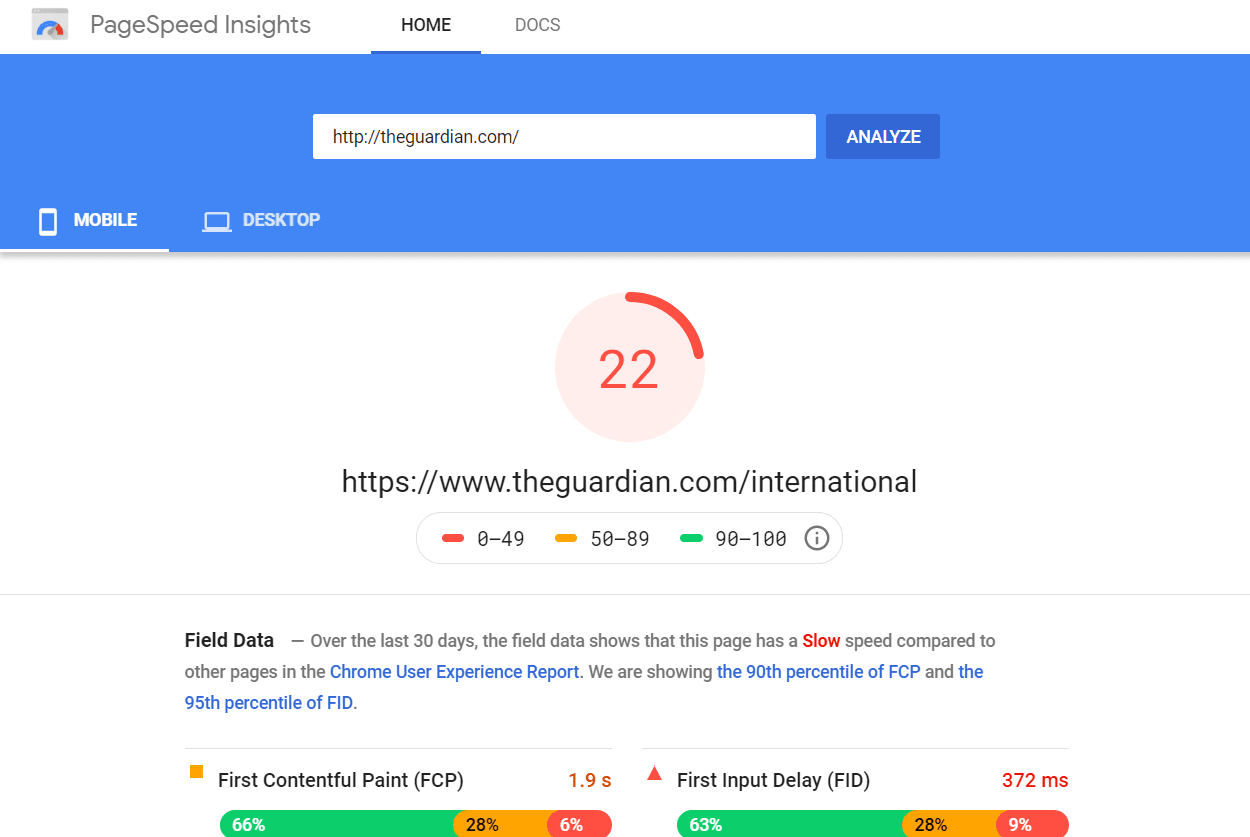Hey there, fellow SEO enthusiasts! Let's dive straight into the world of search engine rankings API. If you're reading this, chances are you're already aware of the importance of ranking high on search engines like Google. But did you know that leveraging the power of a search engine rankings API can take your SEO strategy to the next level? Whether you're a seasoned digital marketer or just starting out, understanding how these APIs work is crucial for staying ahead in the game.
In today's fast-paced digital landscape, staying on top of your search engine rankings is no longer optional—it's a necessity. With billions of searches happening every day, having access to real-time data about where your website stands can make all the difference. And that's exactly where search engine rankings API comes into play.
Now, buckle up because we're about to break down everything you need to know about search engine rankings API in a way that's easy to understand and packed with actionable insights. From what it is, why you need it, and how to choose the right one, this article has got you covered.
Read also:Skylar Deleon Now The Rise Of A Modernday Phenomenon
What Exactly is a Search Engine Rankings API?
Let’s start with the basics. A search engine rankings API is essentially a tool that allows developers and marketers to retrieve data about a website's position in search engine results pages (SERPs). Think of it as a direct line to the search engines themselves, providing you with up-to-date information on how well your site is performing.
Here’s the kicker: instead of manually checking rankings or relying on outdated tools, an API automates the process and delivers accurate data directly to your dashboard. This means you can focus more on optimizing your strategy rather than wasting time on tedious tasks.
Key Features of a Search Engine Rankings API
Not all search engine rankings APIs are created equal. Here are some key features you should look for:
- Real-Time Data: Get instant updates on your rankings without delays.
- Multiple Search Engines: Monitor performance across platforms like Google, Bing, and Yahoo.
- Keyword Tracking: Keep tabs on specific keywords that matter most to your business.
- Geolocation Support: See how your rankings vary by location, which is crucial for local SEO.
- Customizable Reports: Tailor the output to fit your needs, whether it's for clients or internal use.
These features ensure that you have a comprehensive view of your website's performance, helping you make informed decisions quickly.
Why Should You Care About Search Engine Rankings API?
In today's competitive digital world, ignoring the power of search engine rankings API could cost you dearly. Here's why:
First off, staying ahead of the competition requires constant monitoring of your rankings. An API makes this process seamless, saving you time and effort. Plus, with the ability to track thousands of keywords at once, you gain a deeper understanding of what's working and what's not in your SEO strategy.
Read also:Vegamovies Hdhub4u Web Series A Comprehensive Guide To Your Favorite Streaming Experience
Secondly, having access to real-time data means you can respond to changes in SERPs almost instantly. For example, if a competitor suddenly outranks you for a key phrase, you can take immediate action to reclaim your spot. This level of agility is hard to achieve without the help of a reliable API.
How Can a Search Engine Rankings API Help Your Business?
Let’s get practical here. Here are a few ways a search engine rankings API can benefit your business:
- Improved SEO Strategy: With detailed analytics, you can refine your approach and focus on high-impact areas.
- Better Client Relationships: If you're an agency, providing transparent and accurate reports builds trust with your clients.
- Increased ROI: By optimizing for the right keywords, you drive more targeted traffic to your site, leading to higher conversions.
- Competitive Advantage: Stay one step ahead by knowing exactly where you stand compared to your rivals.
As you can see, the advantages go beyond just tracking rankings. It's about gaining insights that empower you to make smarter business decisions.
How Does a Search Engine Rankings API Work?
Alright, let's geek out a bit. At its core, a search engine rankings API works by sending automated queries to search engines and retrieving the results. These queries can be customized based on factors like keywords, locations, and devices, giving you highly specific data.
For instance, imagine you want to know how your website ranks for the keyword "best pizza in New York" on mobile devices. The API would simulate a search query as if it were coming from a user in New York using a smartphone, then return the results. Pretty cool, right?
Steps Involved in Using a Search Engine Rankings API
Using a search engine rankings API typically involves the following steps:
- Sign up for an API provider and obtain your API key.
- Integrate the API into your existing systems or platforms.
- Set up parameters such as keywords, locations, and search engines.
- Run queries and retrieve data in the format you prefer (JSON, XML, etc.).
- Analyze the results and adjust your SEO strategy accordingly.
While it may sound technical, many providers offer user-friendly interfaces and documentation to guide you through the process.
Choosing the Right Search Engine Rankings API
With so many options available, selecting the best search engine rankings API for your needs can feel overwhelming. But don't worry—we've got some tips to simplify the process:
First, consider your budget. Some APIs offer free tiers with limited functionality, while others require a subscription for full access. Make sure the pricing aligns with your resources and expected ROI.
Next, evaluate the features offered. Does the API support the search engines and locations you care about? Can it handle the volume of queries you plan to run? Answering these questions will help narrow down your choices.
Top Search Engine Rankings APIs to Consider
Here are a few popular search engine rankings APIs worth checking out:
- SERPstat: Known for its robust analytics and user-friendly interface.
- SEMrush: Offers a wide range of SEO tools alongside its ranking API.
- Ahrefs: Provides deep insights into backlinks and keyword performance.
- Moz: Ideal for beginners with its straightforward setup and affordable pricing.
Each of these platforms has its strengths, so it's worth testing a few to see which one fits your workflow best.
Best Practices for Using Search Engine Rankings API
Now that you know what a search engine rankings API is and how it works, let's talk about best practices to get the most out of it:
Start by setting clear goals. Are you aiming to improve organic traffic, outrank competitors, or optimize for local searches? Defining your objectives upfront will guide your API usage and help measure success.
Regularly review the data provided by the API and identify trends. Are certain keywords driving more traffic than others? Are there seasonal fluctuations in rankings? Use these insights to refine your strategy over time.
Common Mistakes to Avoid
While search engine rankings APIs are powerful tools, they're not foolproof. Here are some common mistakes to watch out for:
- Over-Reliance on Rankings: Remember that rankings aren't the only metric that matters. Focus on user experience and engagement too.
- Ignoring Long-Tail Keywords: Don't neglect those less competitive but highly relevant phrases—they can add up to significant traffic.
- Not Updating Parameters: As your business grows, your target audience and keywords may change. Keep your API settings up to date.
Avoiding these pitfalls will ensure you maximize the value of your API investment.
Data Privacy and Security Considerations
When working with APIs, data privacy and security should always be top of mind. Ensure that the provider you choose complies with relevant regulations such as GDPR or CCPA. Additionally, use secure connections and authentication methods to protect sensitive information.
Most reputable API providers prioritize security and offer features like encryption and two-factor authentication. Take advantage of these safeguards to keep your data safe.
How to Protect Your Data When Using an API
Here are some tips for safeguarding your data:
- Use strong, unique passwords for your API accounts.
- Limit access to your API credentials to trusted individuals only.
- Regularly monitor API usage for any suspicious activity.
- Encrypt sensitive data both in transit and at rest.
By implementing these practices, you can minimize the risk of data breaches and maintain trust with your users.
Case Studies: Real-World Examples of Search Engine Rankings API Success
Seeing is believing, so let's look at a couple of real-world examples where businesses have successfully leveraged search engine rankings APIs:
Company A, an e-commerce platform, used an API to track thousands of product-related keywords across multiple regions. By identifying high-performing terms and optimizing their content accordingly, they saw a 30% increase in organic traffic within six months.
Meanwhile, Agency B utilized an API to provide transparent reports to their clients. This not only improved client satisfaction but also led to a 20% increase in renewals and referrals.
Lessons Learned from These Case Studies
What can we learn from these success stories? Consistent monitoring, data-driven decision-making, and clear communication are key to achieving results with a search engine rankings API. By applying these principles, you can replicate their success in your own business.
The Future of Search Engine Rankings API
As technology continues to evolve, so too does the world of SEO. Search engine rankings APIs are likely to become even more sophisticated, offering features like AI-driven predictions and voice search optimization.
Staying ahead of these trends will be crucial for maintaining a competitive edge. Keep an eye on advancements in the API space and be open to adopting new tools and techniques as they emerge.
What’s Next for SEO Professionals?
For SEO professionals, the future holds exciting possibilities. Imagine being able to predict ranking changes before they happen or automating entire workflows with minimal human intervention. With the right API and a forward-thinking mindset, these scenarios could soon become a reality.
Conclusion
And there you have it—a comprehensive guide to search engine rankings API. From understanding the basics to exploring advanced applications, we've covered everything you need to know to harness the power of these tools.
Remember, the key to success lies in setting clear goals, choosing the right API, and consistently analyzing the data. By doing so, you'll be well on your way to improving your search engine rankings and driving more traffic to your site.
So, what are you waiting for? Take the first step today and see how a search engine rankings API can transform your SEO strategy. And don't forget to share your thoughts in the comments below or check out our other articles for more SEO tips and tricks!
Table of Contents
- Boost Your SEO Game with Search Engine Rankings API: The Ultimate Guide
- What Exactly is a Search Engine Rankings API?
- Key Features of a Search Engine Rankings API
- Why Should You Care About Search Engine Rankings API?
- How Can a Search Engine Rankings API Help Your Business?
- How Does a Search Engine Rankings API Work?
- Steps Involved in Using a Search Engine Rankings API
- Choosing the Right Search Engine Rankings API
- Top Search Engine Rankings APIs to Consider
- Best Practices for Using Search Engine Rankings API
- Common Mistakes to Avoid
- Data Privacy and Security Considerations
- How to Protect Your Data When Using an API
- Case Studies: Real-World Examples of Search Engine Rankings API Success
- Lessons Learned from These Case Studies
- The Future of Search Engine Rankings API


